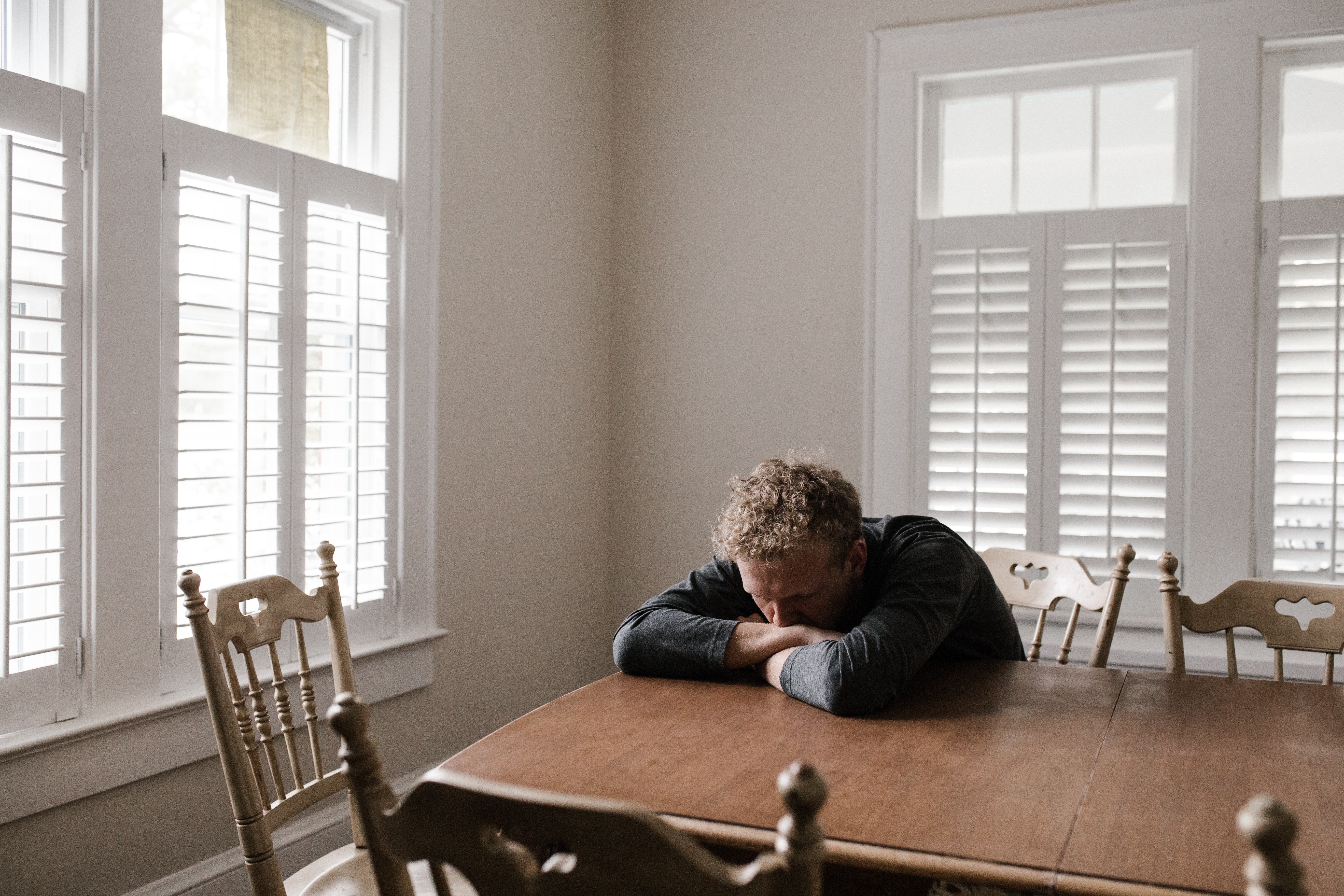Recognising and Breaking Free from Self-Gaslighting
Self-gaslighting is a phenomenon where individuals doubt their own experiences, thoughts, and feelings, ultimately leading to self-doubt and low self-esteem. This form of gaslighting is particularly insidious because it's self-inflicted and can go unnoticed for years. However, if left unaddressed, it can lead to severe consequences like depression, anxiety, and feelings of worthlessness.
What is Self-Gaslighting?
Gaslighting is a form of emotional abuse where an individual manipulates another person into doubting their own experiences, emotions, and perceptions. Self-gaslighting is similar, but the manipulation comes from within. It's a constant cycle of self-doubt and self-questioning that eventually leads to low self-esteem.
Self-gaslighting often happens when we compare ourselves to others and their experiences. We begin to question if our feelings are valid or if we're just overreacting. This can be especially true in today's social media-driven world, where we're bombarded with images of perfect lives and successes.
Recognising Self-Gaslighting
Recognising self-gaslighting can be challenging, as it often goes unnoticed for years. However, there are a few signs that you might be engaging in self-gaslighting:
You constantly doubt yourself and your abilities.
You apologise for things that aren't your fault.
You're overly critical of yourself and your actions.
You're hesitant to express your feelings or needs.
You compare yourself to others and feel like you're falling short.
If you're experiencing any of these signs, it's essential to take a step back and evaluate why you're feeling this way. It's okay to have doubts and insecurities, but it's essential to recognise when these doubts are unfounded and stem from self-gaslighting.
Breaking the Cycle
Breaking the cycle of self-gaslighting can be challenging, but it's essential for your mental and emotional well-being. Here are some tips to help you stop self-gaslighting:
Practice self-compassion: Be kind to yourself, just as you would to a mate. Remember that everyone has flaws and makes mistakes.
Challenge negative thoughts: When negative thoughts pop up, question their validity. Ask yourself if there's evidence to support them.
Focus on your strengths: Rather than comparing yourself to others, focus on your unique strengths and abilities.
Seek support: Talk to a trusted mate, family member, or mental health professional about your experiences. They can provide a different perspective and help you recognise when you're engaging in self-gaslighting.
Practice mindfulness: Mindfulness practices like meditation or yoga can help you stay grounded in the present moment and prevent you from getting lost in negative self-talk.
Self-gaslighting is a challenging cycle to break, but it's not impossible. If you're experiencing self-gaslighting or any other mental health concerns, it's important to seek help. Talk to a trusted mate, family member, or mental health professional about your experiences. They can provide support and guidance to help you break free from the cycle and build a healthier relationship with yourself. Remember, seeking help is a sign of strength, and you don't have to go through this alone.
Essential Reading
Recommended Therapists Available Now
QLD
Psychologist
If you're feeling overwhelmed, anxious, stuck in your head, or disconnected from yourself, you're not alone. I'm Casey Barnard, a Psychologist and Health Coach who helps ...More
NT
Psychologist
Hi, Im Sean, a registered psychologist who helps adults slow down, make sense of their stress and reconnect with who they are through calm, honest, down-to-earth therapy....More
VIC
Clinical Psychologist
I am a Clinical Psychologist with a Masters qualification and around six years of experience working predominantly in the Victorian public mental health system. My work h...More








